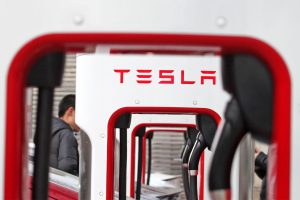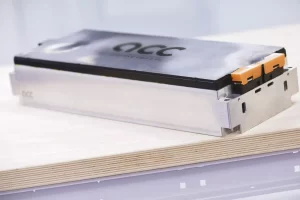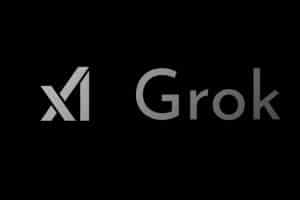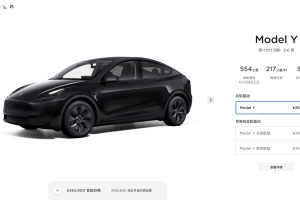In a recent press release, Tesla battery partner Panasonic announced that its energy division will establish a 4680 cell production facility at its Wakayama Factory in western Japan. Mass production of the new battery cells on the site is expected to start in the fiscal year ending in March 2024.
The initiative is aimed at helping Panasonic expand its electric vehicle battery business worldwide. And while the company’s mass production timeframe seems conservative, Panasonic explained that it is currently in the process of developing 4680 battery cells across multiple locations within Japan. Plans for mass production of the 4680 batteries are being developed today in preparation for the cells’ full rollout in the future.
A number of updates are expected to be performed in Panasonic’s Wakayama facility. Along with structural improvements to the site, two additional battery production lines and utility facilities are expected to be set up. Productivity verification and mass production of the 4680 battery cells themselves will follow.
“To contribute to the rapid adoption of EVs, Panasonic has been working to enhance its line-up of automotive lithium-ion batteries. Currently, Panasonic is developing a new high-capacity lithium-ion battery, the “4680”, in multiple locations within Japan. The company will progressively develop production capabilities in preparation for the full rollout. Along with structural improvements, two additional production lines as well as utility facilities will be established at the Wakayama Factory, and productivity verification and mass production are set to begin in the fiscal year ending in March 2024,” Panasonic wrote in its press release.
While Panasonic did not reveal its client for its 4680 cells, it would not be surprising if its longtime partner Tesla became one of the biggest buyers of the Japanese company’s upcoming batteries. Tesla and Panasonic’s working relationship has been established over the years, after all, as evidenced by the two companies’ operations in Gigafactory Nevada.
Panasonic remains hard at work pushing the envelope on its battery efforts. Back in January, the Japanese company revealed that it would be using recycled battery components from Redwood Materials to produce batteries at Tesla’s Gigafactory Nevada facility by the end of 2022. The announcement is significant, and it highlights the idea that electric vehicle batteries are only getting cleaner and more sustainable over time.





